Retired professor and head emeritus of biosystems engineering Paul...


Retired professor and head emeritus of biosystems engineering Paul...
By Amy Weaver Contrary to what the name might suggest, the work currently happening in the Green Infrastructure Lab at Auburn has nothing to do with green-colored roads or buildings. No Emerald City here. “Green infrastructure is an approach to managing water and...
By Jeremy Henderson There’s a buzz in the air around Corley Hall these days — literally. Blame it on the team of both doctoral and undergraduate biosystems engineering students tackling the age-old problem of precise fertilizer application with cutting-edge drone...
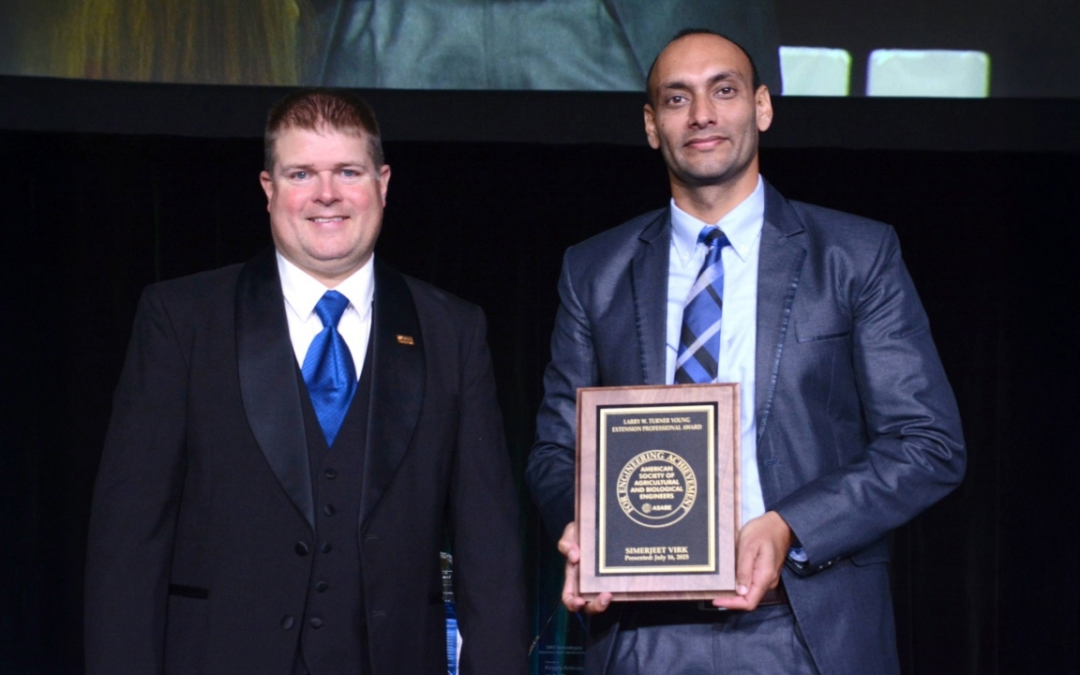
Auburn University’s Biosystems Engineering faculty and students garnered high honors and awards recognition through a prestigious international organization.
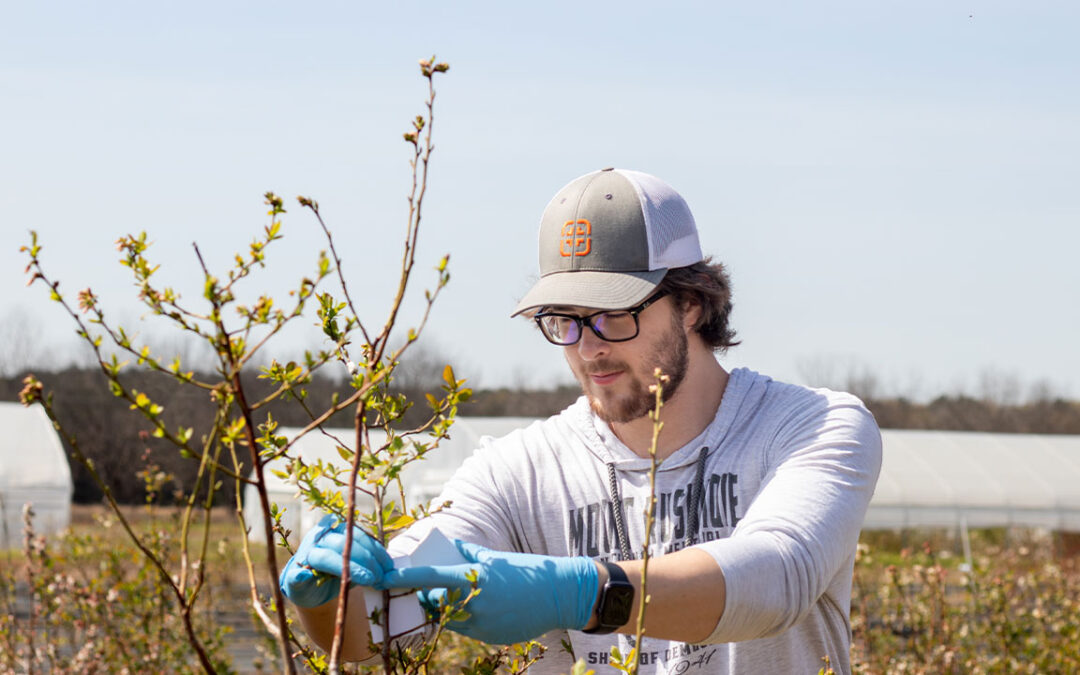
By Amy Weaver Auburn University often adds academic programs in response to workforce demand and societal needs. One of the latest additions is a major in biological...
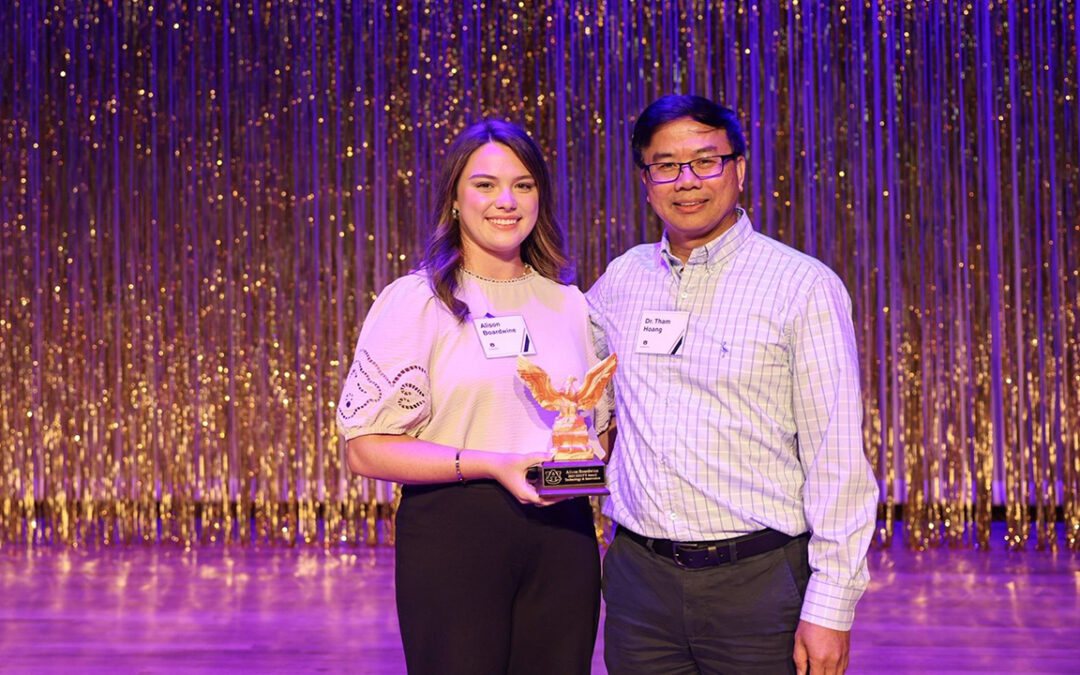
Recent graduate Ali Boardwine received a particularly special accolade before graduating on May 11 with a Bachelor of Science in bioprocess engineering and minors in...
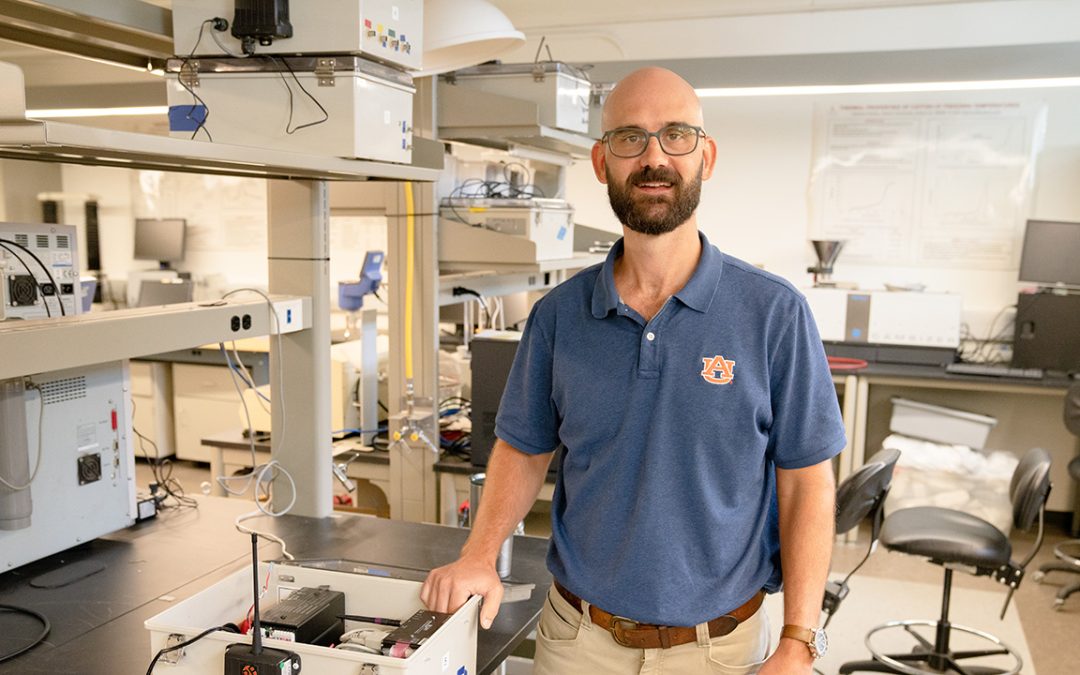
The average broiler chicken lives 6–8 weeks and spends much of that time indoors, but researchers at Auburn University are investigating the use of natural light in broiler houses and its effects on bird performance and welfare. A team of agricultural engineers,...
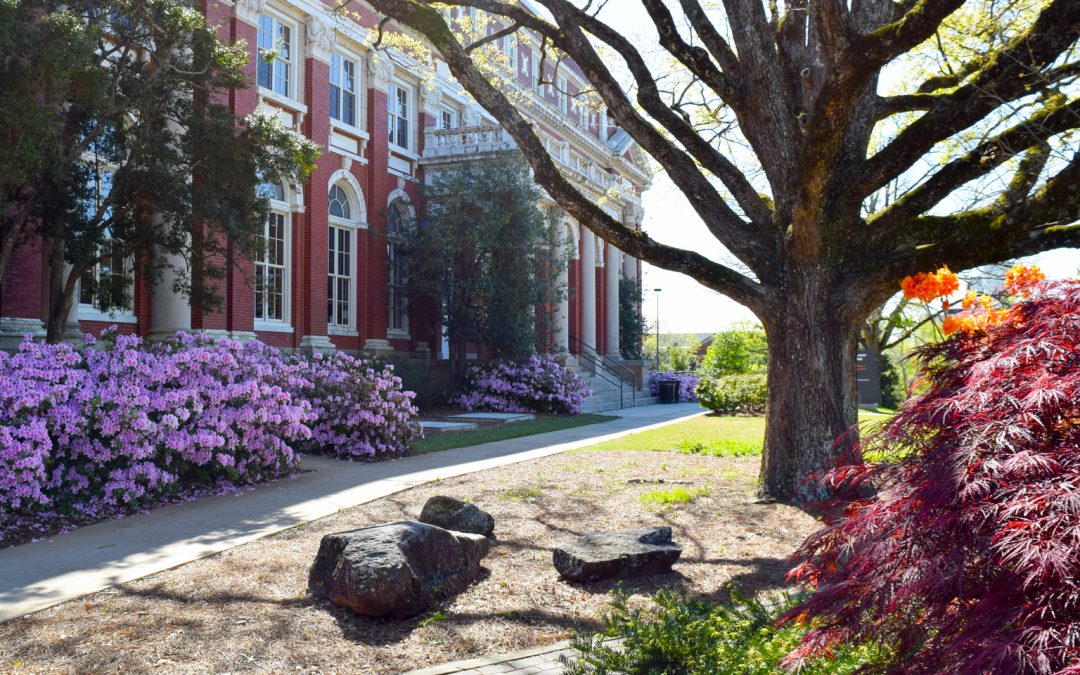
Several faculty and students in the College of Agriculture at Auburn University recently received national awards and recognitions. Read some highlights below. Beckmann receives NSF Career Award John Beckmann, assistant professor of medical-veterinary entomology and...
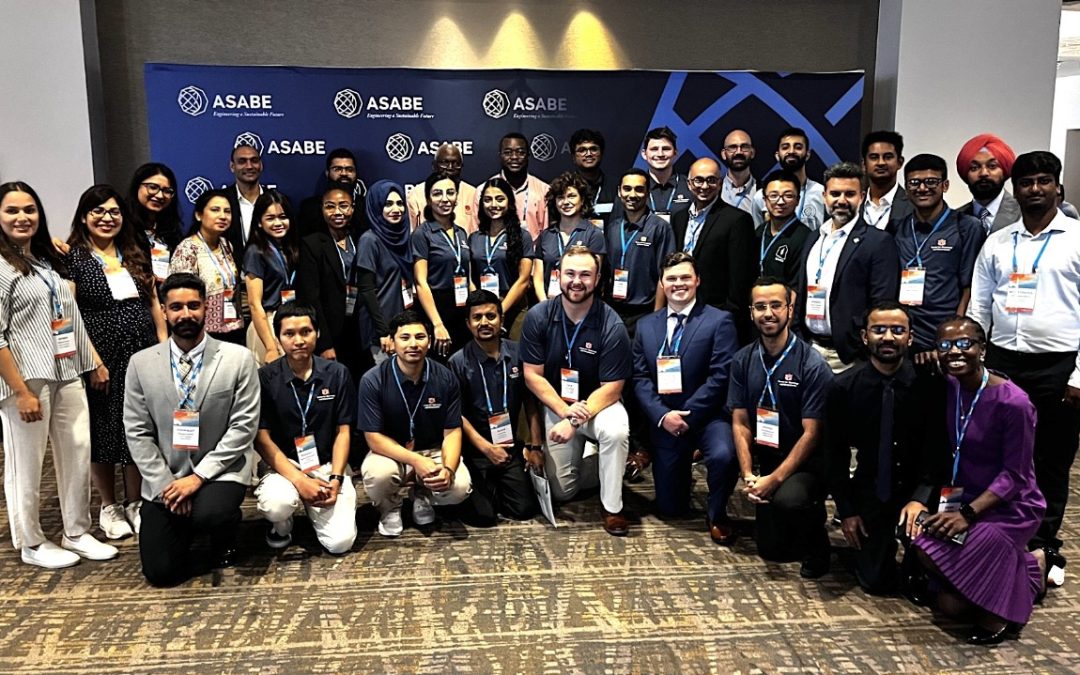
Jeremy Henderson Auburn University's Department of Biosystems Engineering (BSEN) was hard to miss at the 2024 American Society of Agricultural and Biological Engineers (ASABE) Annual International Meeting recently held in Anaheim, California. And hard to beat. Auburn...
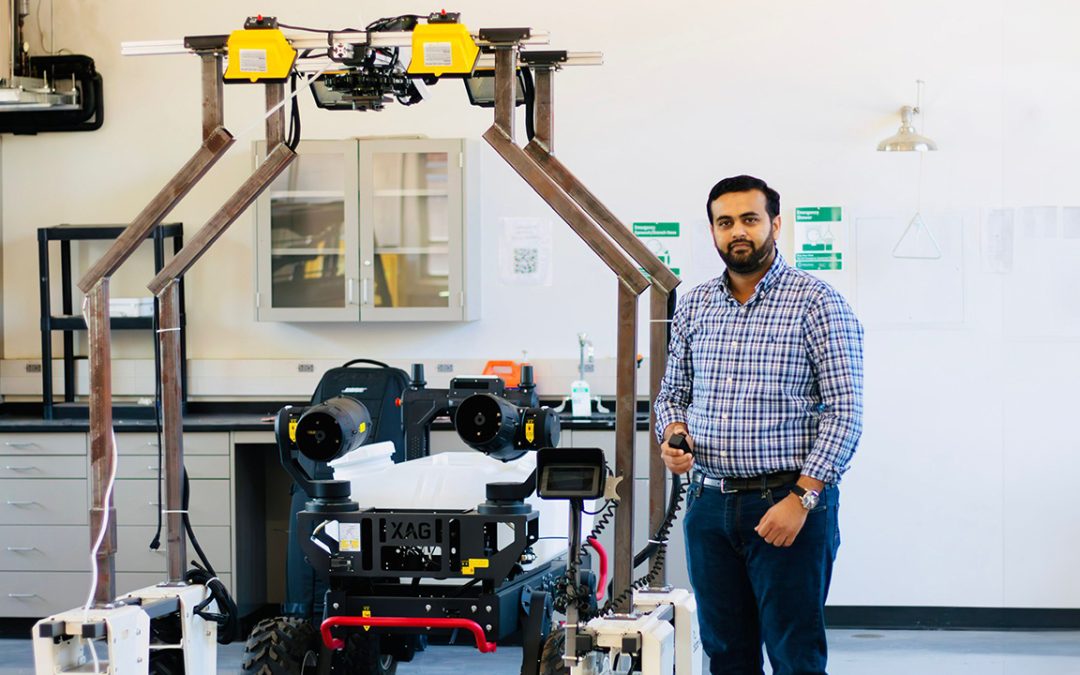
An AI-powered robot will be able to inventory thousands of plants while also collecting data on plant growth, pests and diseases.
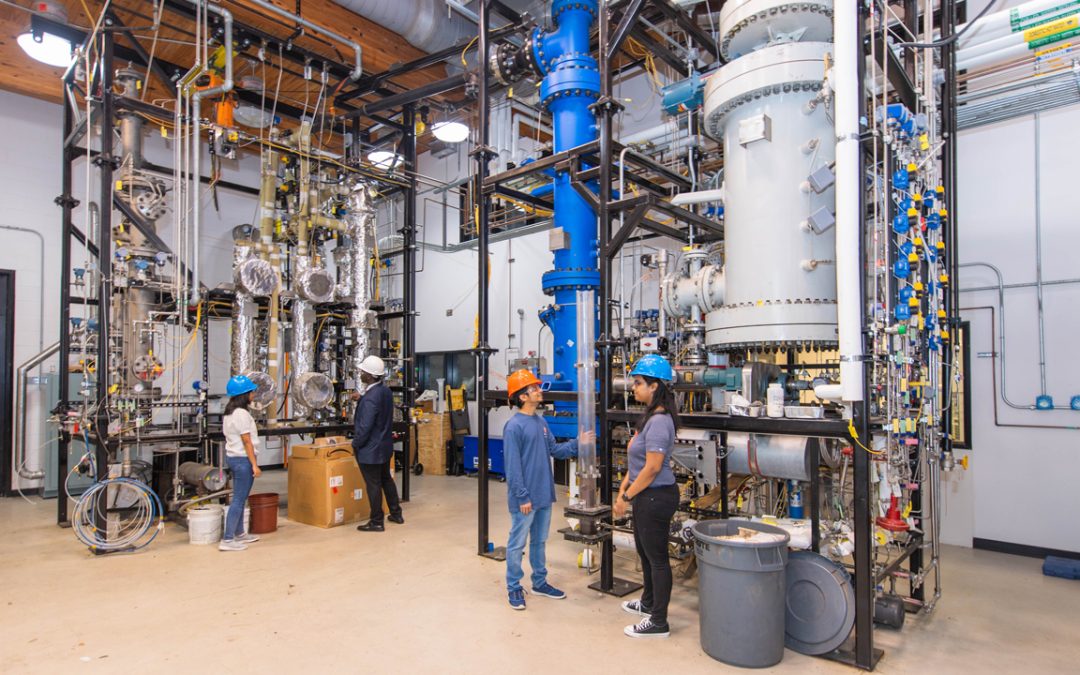
For researchers studying environmentally friendly farming practices, biochar is a game-changer.
Biochar, a charcoal-like substance created by heating plant waste, is a groundbreaking innovation in the field of sustainable farming. It is beneficial for improving soil quality, recycling organic plant material and capturing greenhouse gas emissions from the agricultural industry.

Three faculty members from the Auburn University College of Agriculture were among 88 nationally to complete the 2023-24 LEAD21 leadership-development program. They were Jeremiah Davis, professor and director of the National Poultry Technology Center; Kim Mullenix,...
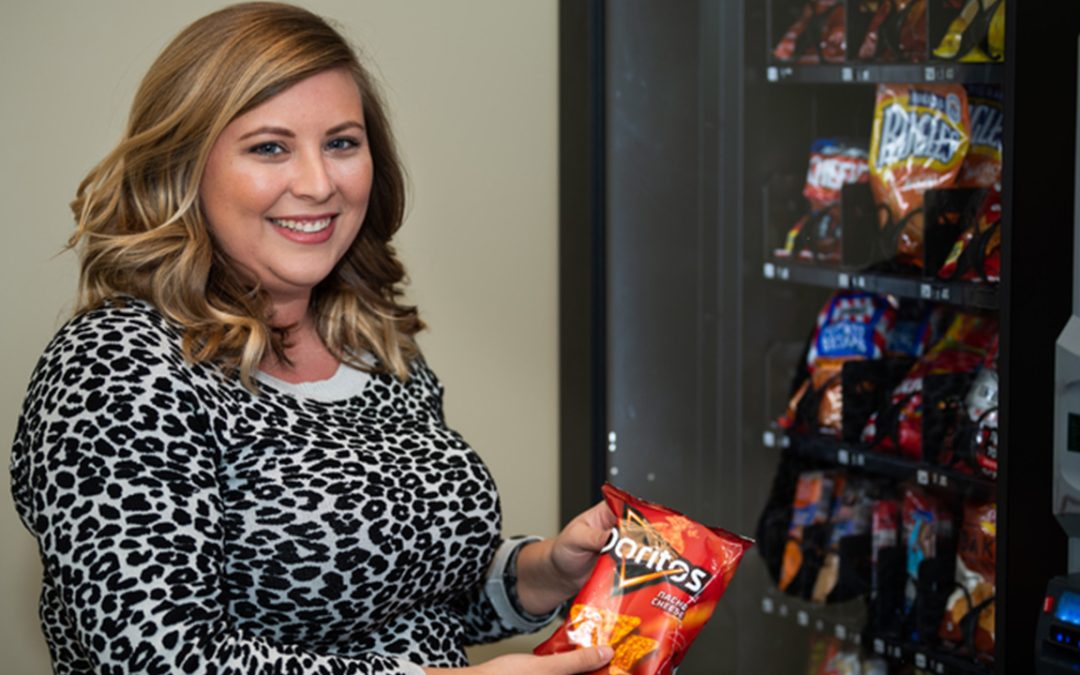
By Jeremy Henderson jdh0123@auburn.edu, 3343190721 When it came to selecting a success story celebrating the growing role of women in their company's leadership — and in STEM fields in general — Frito-Lay chose wisely. The snack giant recently highlighted 2013...
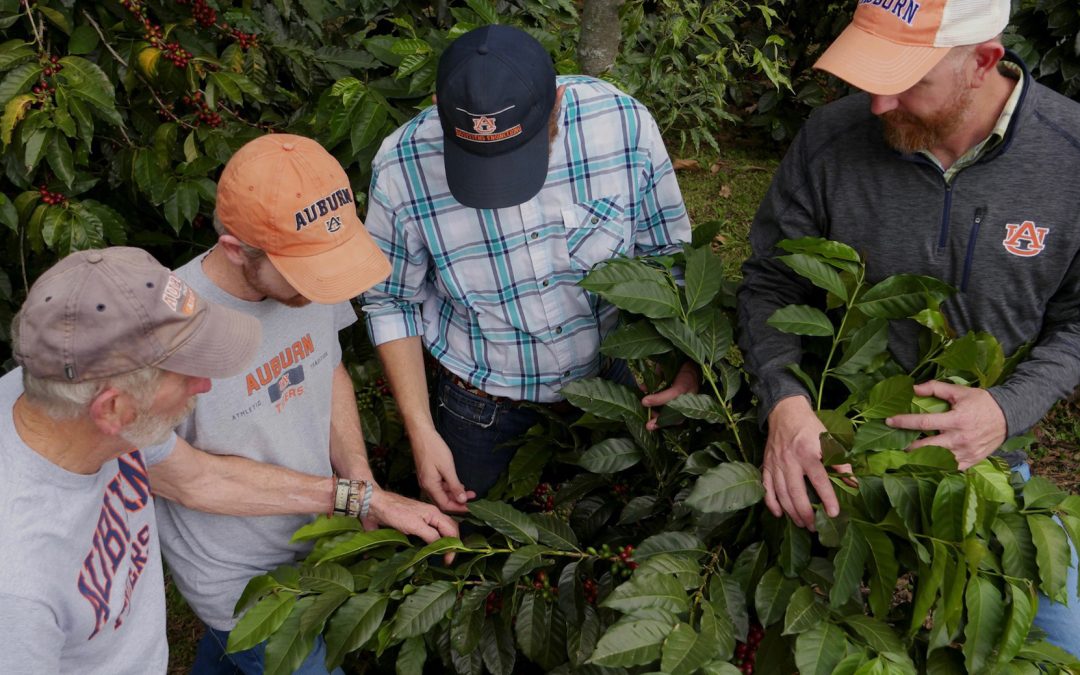
By Mike Jernigan If die-hard Auburn fans truly bleed orange and blue, then few families’ blood likely features more of the Tiger colors than the Brodbeck clan, whose immediate family features seven Auburn graduates. But a blood test would also show another liquid...
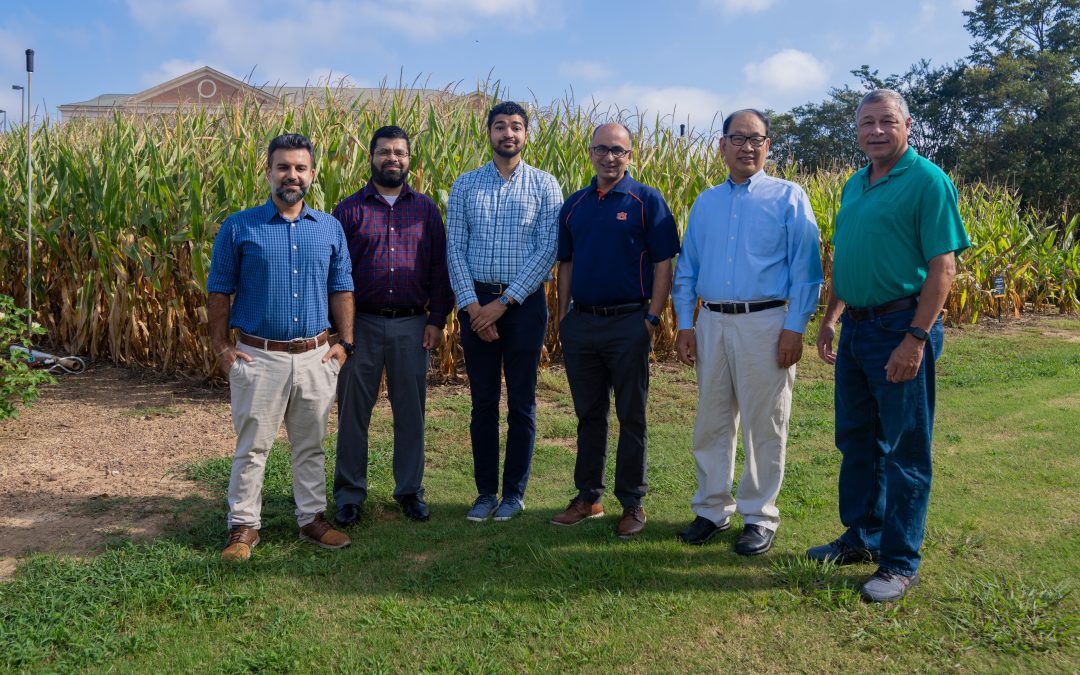
The Auburn University College of Agriculture and the Alabama Agricultural Experiment Station were awarded approximately $6 million from the U.S. National Science Foundation (NSF) for a four-year project entitled “Developing effective adaptation strategies to enhance...
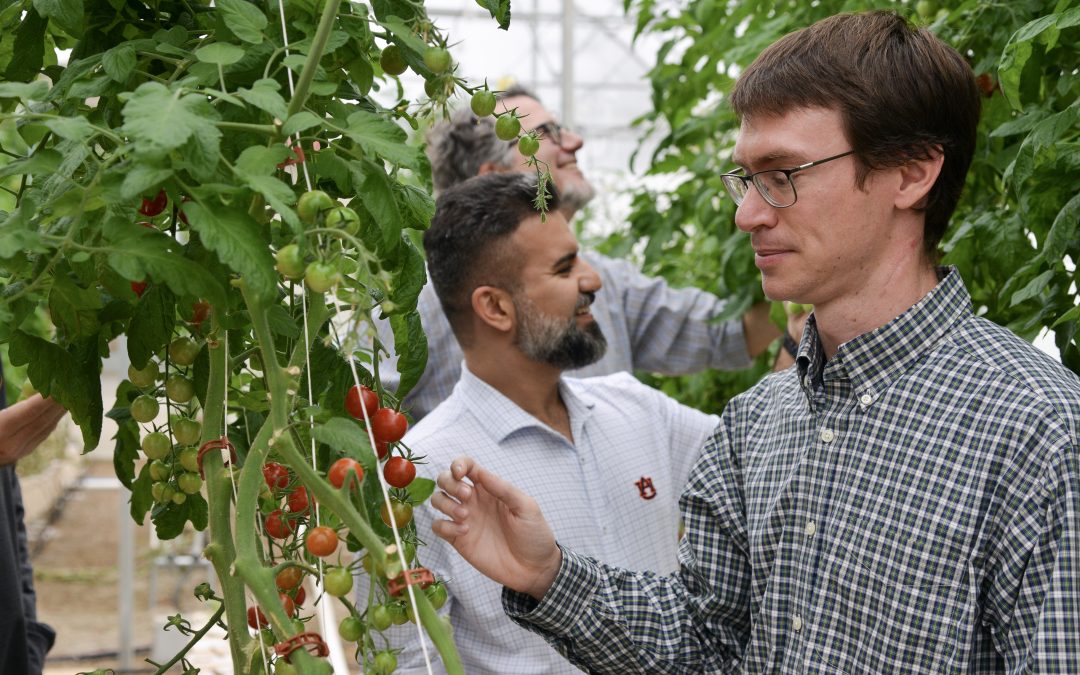
While controlled environment agriculture or CEA has the potential to improve access to local, nutritious fruits and vegetables on a year-round basis, the greenhouse gas emissions associated with greenhouse production is five times higher than field-grown produce. For...
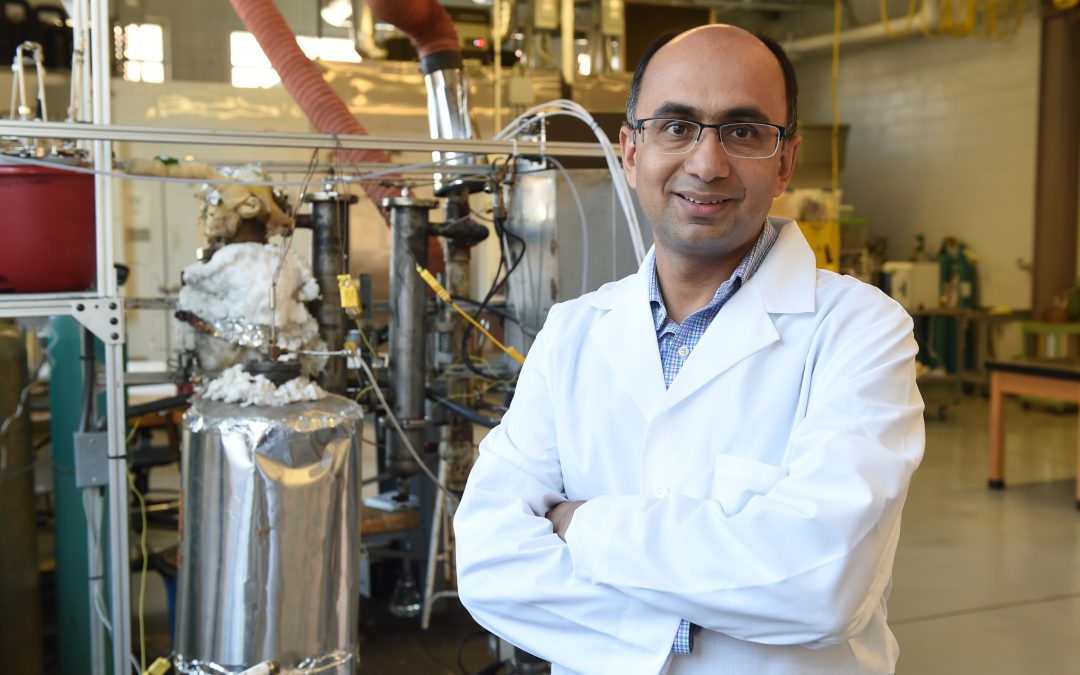
Auburn University researchers are leading a $2 million Department of Energy grant that aims to produce hydrogen from blended feedstock such as legacy waste coal, forest residues and municipal solid waste. “The benefits of converting waste coal, biomass and food waste...
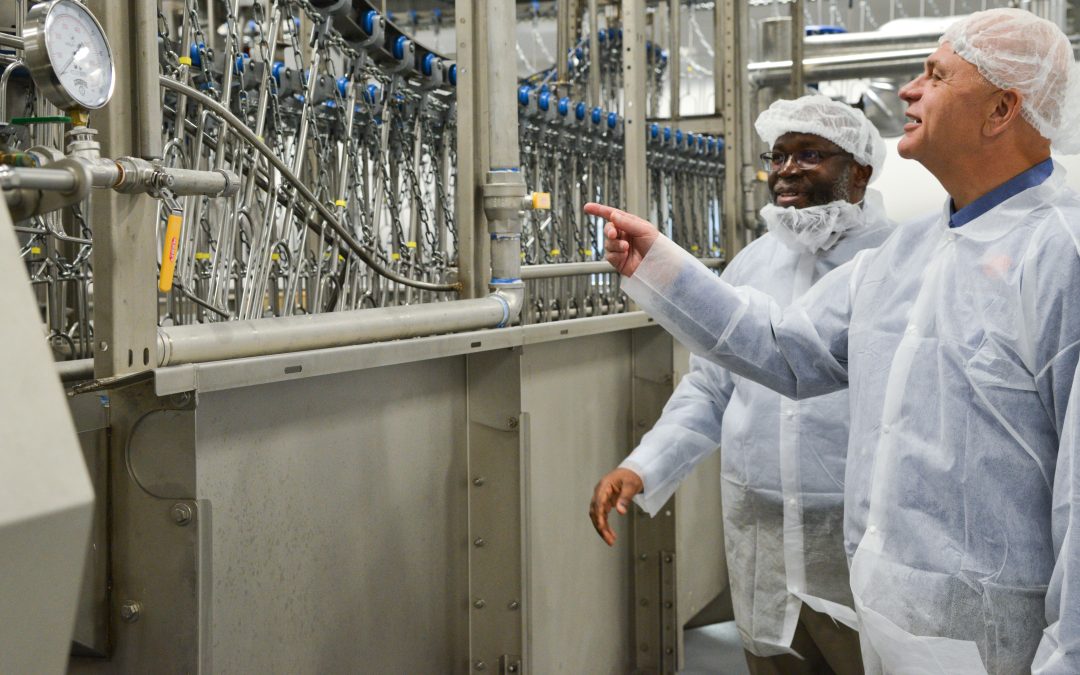
Auburn University is one of three universities sharing a $28 million grant award from the U.S. Department of Agriculture’s National Institute of Food and Agriculture (NIFA), to establish an Institute for Rural Partnership to research the causes and conditions of...
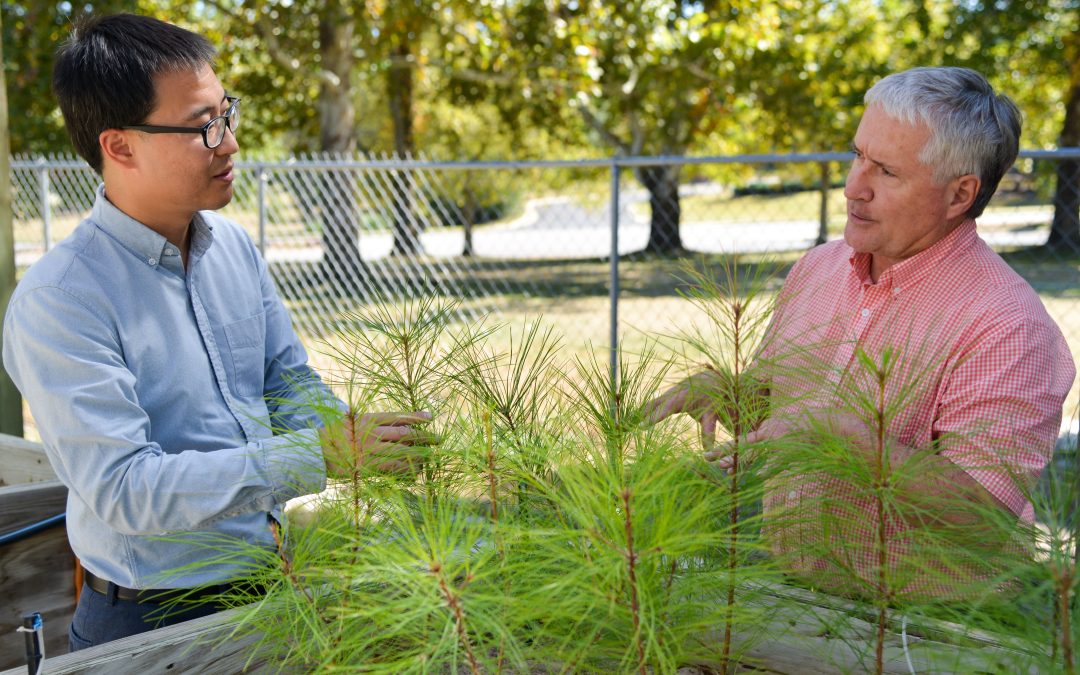
Like many U.S. industries, forest seedling nursery production is dependent on seasonal manual labor, a situation that is becoming untenable due to an acute shortage of workers. However, researchers at Auburn University are working on a robotic system that could...
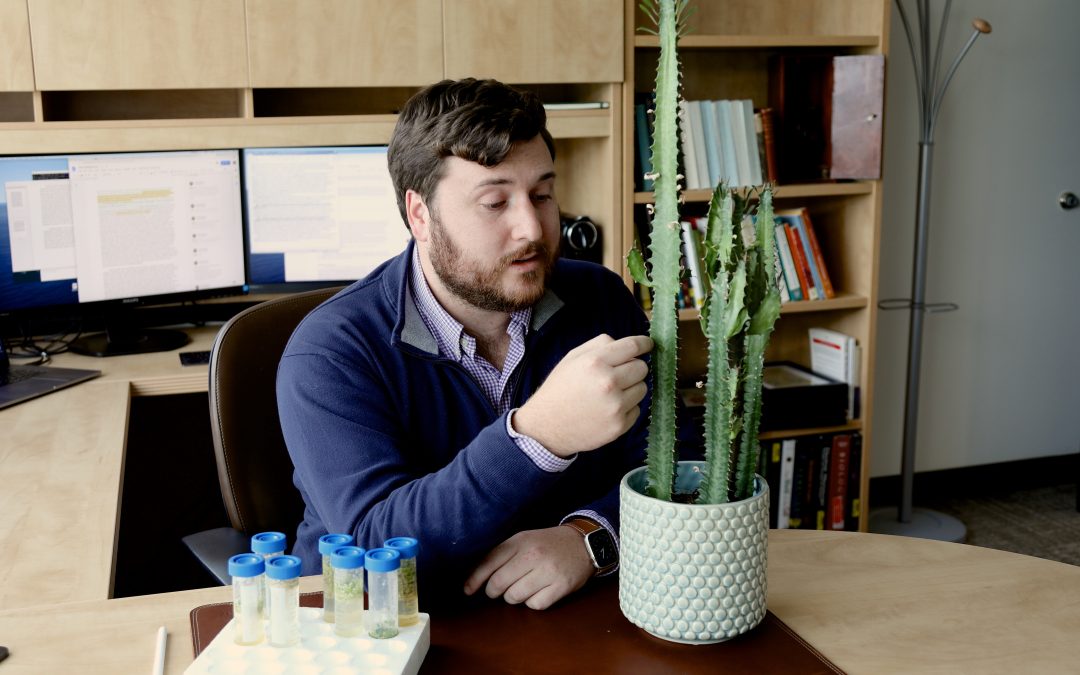
In 2020, Auburn’s College of Agriculture hired a historian and storyteller, although his resumé says he’s a geneticist. He was hired to help partner Auburn’s strength in plant breeding with the genome-sequencing renown of Huntsville’s HudsonAlpha Institute for...
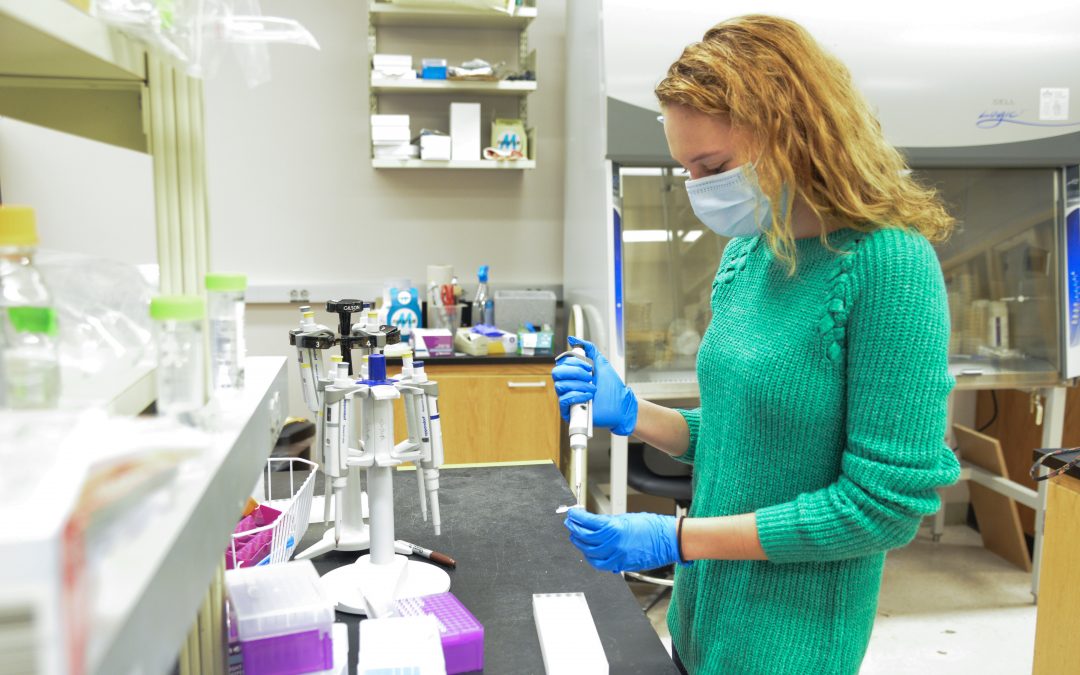
By Bethanie Hartzog Kylie Weis has no doubt in her mind about why she chose applied biotechnology as her major at Auburn University. She believes other students should take the time to look at the major as well. "Applied biotechnology is using the tools of nature to...
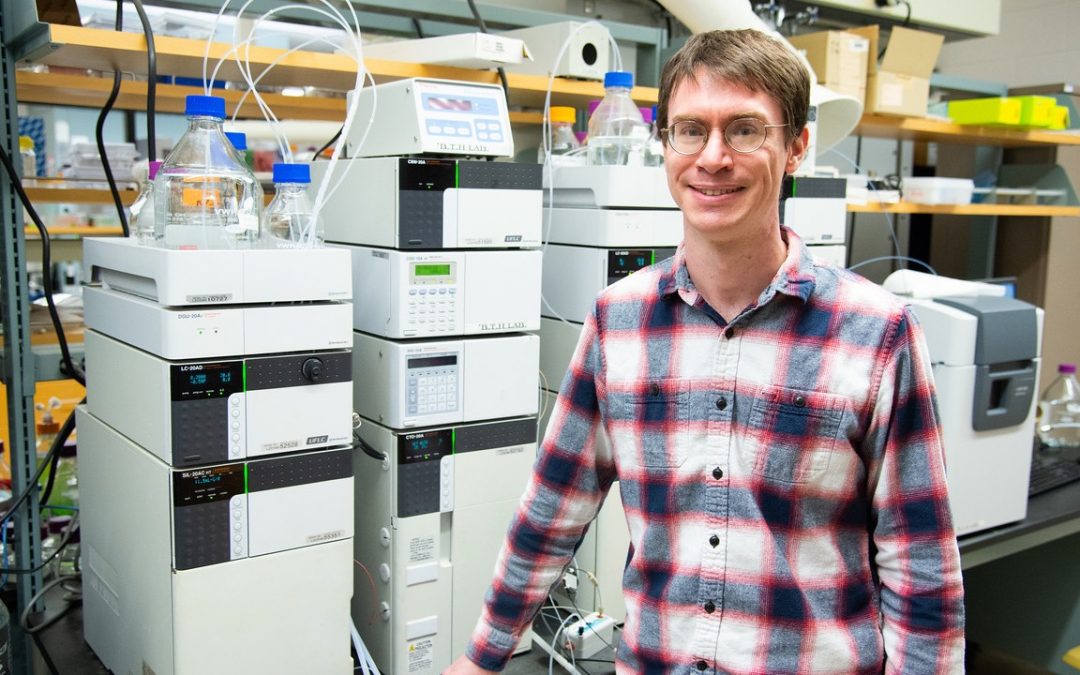
As freshwater supplies become increasingly limited and the world’s population continues to grow, Auburn University College of Agriculture researchers are working on ways to find and utilize alternative water resources for irrigating crops. “One proven source that can...
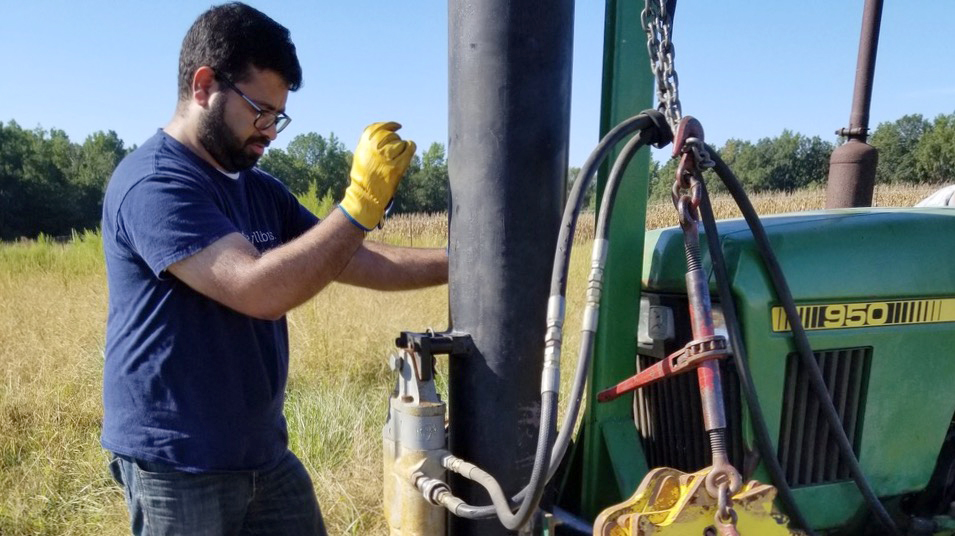
Of special interest to a group of Auburn researchers is the destination of heavy metals — including zinc, copper and lead — in manure used as fertilizer.
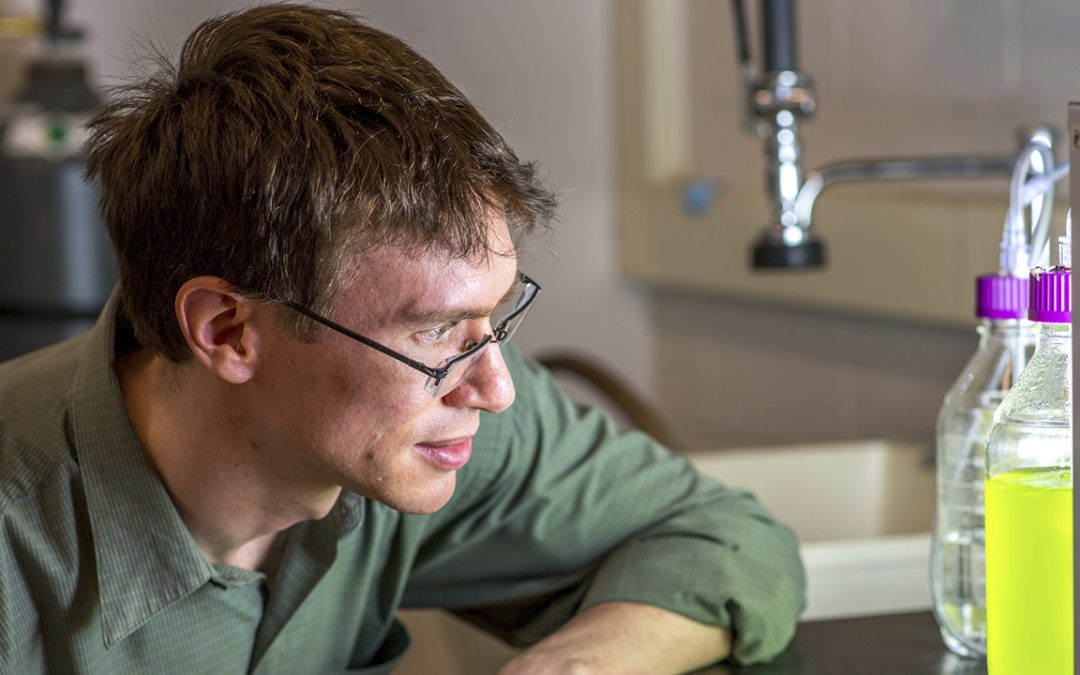
The USDA recently funded Assistant Professor Brendan Higgins’ project that will transform nutrients found in dairy and swine wastewater into fish feed.
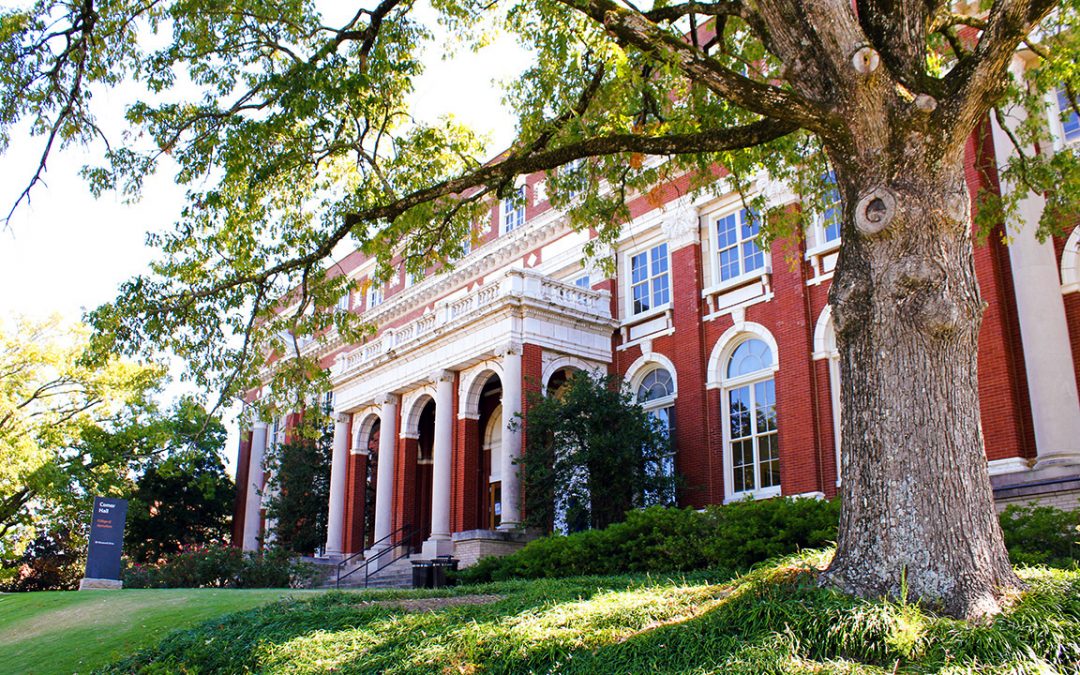
Biosystems engineering represented well at ASABE international meeting

Auburn Agriculture faculty, staff, students win 2019 sustainability awards

PHOTO: The Auburn University College of Agriculture's 2019 Alumni Award recipients included, from left, Bryan Word, Shannon Weaver, Mike Leonard, Alice McLaughlin, Dr. Calvin Johnson, Annette Bitto, John Woodruff and Johnny Grace. Eight successful professionals who...

The average broiler chicken lives 6–8 weeks and spends much of that time indoors, but researchers at Auburn University are investigating the use of natural light in broiler houses and its effects on bird performance and welfare. A team of agricultural engineers,...

Several faculty and students in the College of Agriculture at Auburn University recently received national awards and recognitions. Read some highlights below. Beckmann receives NSF Career Award John Beckmann, assistant professor of medical-veterinary entomology and...

Jeremy Henderson Auburn University's Department of Biosystems Engineering (BSEN) was hard to miss at the 2024 American Society of Agricultural and Biological Engineers (ASABE) Annual International Meeting recently held in Anaheim, California. And hard to beat. Auburn...

An AI-powered robot will be able to inventory thousands of plants while also collecting data on plant growth, pests and diseases.

For researchers studying environmentally friendly farming practices, biochar is a game-changer.
Biochar, a charcoal-like substance created by heating plant waste, is a groundbreaking innovation in the field of sustainable farming. It is beneficial for improving soil quality, recycling organic plant material and capturing greenhouse gas emissions from the agricultural industry.

Three faculty members from the Auburn University College of Agriculture were among 88 nationally to complete the 2023-24 LEAD21 leadership-development program. They were Jeremiah Davis, professor and director of the National Poultry Technology Center; Kim Mullenix,...

By Jeremy Henderson jdh0123@auburn.edu, 3343190721 When it came to selecting a success story celebrating the growing role of women in their company's leadership — and in STEM fields in general — Frito-Lay chose wisely. The snack giant recently highlighted 2013...

By Mike Jernigan If die-hard Auburn fans truly bleed orange and blue, then few families’ blood likely features more of the Tiger colors than the Brodbeck clan, whose immediate family features seven Auburn graduates. But a blood test would also show another liquid...

The Auburn University College of Agriculture and the Alabama Agricultural Experiment Station were awarded approximately $6 million from the U.S. National Science Foundation (NSF) for a four-year project entitled “Developing effective adaptation strategies to enhance...

While controlled environment agriculture or CEA has the potential to improve access to local, nutritious fruits and vegetables on a year-round basis, the greenhouse gas emissions associated with greenhouse production is five times higher than field-grown produce. For...

Auburn University researchers are leading a $2 million Department of Energy grant that aims to produce hydrogen from blended feedstock such as legacy waste coal, forest residues and municipal solid waste. “The benefits of converting waste coal, biomass and food waste...

Auburn University is one of three universities sharing a $28 million grant award from the U.S. Department of Agriculture’s National Institute of Food and Agriculture (NIFA), to establish an Institute for Rural Partnership to research the causes and conditions of...

Like many U.S. industries, forest seedling nursery production is dependent on seasonal manual labor, a situation that is becoming untenable due to an acute shortage of workers. However, researchers at Auburn University are working on a robotic system that could...

In 2020, Auburn’s College of Agriculture hired a historian and storyteller, although his resumé says he’s a geneticist. He was hired to help partner Auburn’s strength in plant breeding with the genome-sequencing renown of Huntsville’s HudsonAlpha Institute for...

By Bethanie Hartzog Kylie Weis has no doubt in her mind about why she chose applied biotechnology as her major at Auburn University. She believes other students should take the time to look at the major as well. "Applied biotechnology is using the tools of nature to...

As freshwater supplies become increasingly limited and the world’s population continues to grow, Auburn University College of Agriculture researchers are working on ways to find and utilize alternative water resources for irrigating crops. “One proven source that can...

Of special interest to a group of Auburn researchers is the destination of heavy metals — including zinc, copper and lead — in manure used as fertilizer.

The USDA recently funded Assistant Professor Brendan Higgins’ project that will transform nutrients found in dairy and swine wastewater into fish feed.

Biosystems engineering represented well at ASABE international meeting

Auburn Agriculture faculty, staff, students win 2019 sustainability awards

PHOTO: The Auburn University College of Agriculture's 2019 Alumni Award recipients included, from left, Bryan Word, Shannon Weaver, Mike Leonard, Alice McLaughlin, Dr. Calvin Johnson, Annette Bitto, John Woodruff and Johnny Grace. Eight successful professionals who...